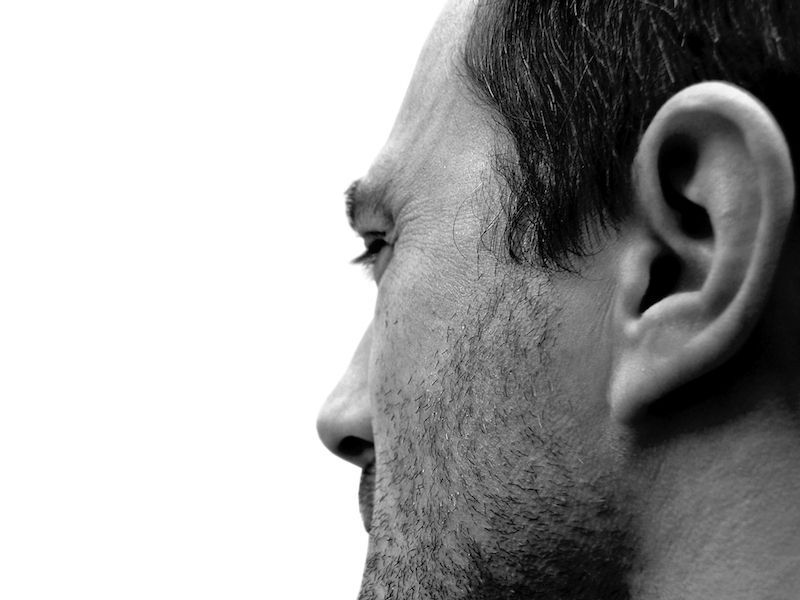The Association Between Tinnitus And Food

There is an inconsistency in symptoms of tinnitus; they seem to appear and vanish, often for no discernible reason at all. At times, it seems like, for no evident reason what so ever, your ears just start buzzing. As you lie in bed, you consider your day, and there are no clear triggers for this event: There is no noticeable reason why, at 9 PM, ringing is happening, no loud music, no loud fire alarms, nothing.
So perhaps the food you ate could be the reason. We don’t typically think about the link between hearing and food, but there’s a bit of research and evidence to suggest that certain foods can make tinnitus worse. The trick for you is knowing what those foods are, so you can avoid them.
Which Foods Make Tinnitus Worse?
So let’s get right to it. You don’t want to experience a food triggered tinnitus episode so it’s important to identify what foods can trigger it. Some foods to stay away from may include:
Alcoholic Drinks
Alcohol and tobacco should be high on the list of items to stay away from. You will absolutely want to avoid smoking and drinking so that you can reduce your risk of a tinnitus episode even though tobacco isn’t really a food.
Your general health can be significantly impacted by tobacco and alcohol particularly your blood pressure. The more you indulge, the more likely a tinnitus flare up will be.
Sodium
One of the top predictors of tinnitus flare-ups is your blood pressure. Your tinnitus worsens when your blood pressure rises. That’s why sodium should absolutely be on your list of food substances to stay away from. You’ll want to significantly decrease your sodium consumption whether you use salt on everything or you just love eating french fries.
There are some foods that you don’t typically consider high in sodium such as ice cream. But to prevent any sudden tinnitus episodes you will want to keep your eye on sodium content.
Fast Food
It shouldn’t be surprising that you should avoid fast food if you are avoiding sodium. Most fast-food places (even the ones that claim they are a healthier alternative) serve food that is packed with salt and fat. And, once again, that’s going to have a big impact on your blood pressure and, hence, your tinnitus. Fast food outlets also normally serve astonishingly big beverages, and those beverages are very high in sugar. Which brings us to the next food you should avoid.
Sweets And Sugars
Candy is something that we all enjoy. Well, most of us love candy. There is a very small portion of the populace that would actually prefer vegetables. No judgment from us.
Regrettably, the glucose balance in your body can be greatly disrupted by sugar. And a tiny disturbance of your glucose balance can cause you to have a hard time trying to sleep. In the quiet of the night, as you lie there awake, it becomes much easier to begin to hear that ringing.
Caffeine
There is an obvious reason why we saved this one for last. Giving this one up is a tough pill to swallow. But your sleep cycle can be significantly impacted if you drink any kind of caffeine later in the day. And your tinnitus is more likely to flare up if you don’t get quality sleep.
So it’s not really the caffeine per se that’s the issue, it’s the lack of sleep. Switch over to a beverage that doesn’t have caffeine at night and save your caffeine for the morning.
Learn What Works Best For You
This list is certainly not exhaustive. You’ll want to consult your hearing expert about any dietary modifications you might need to make. And it’s worth keeping in mind that everybody will be impacted differently by dietary modifications, so in order to keep track of what is working and what isn’t, it might be a smart idea to keep a food journal.
Moving ahead you will have an easier time making practical decisions if you understand how particular foods affect you. When you begin tracking how your ears respond to different foods, the reason for your tinnitus could become less incomprehensible.
If you have that last cup of coffee, at least you know what you’re dealing with.


